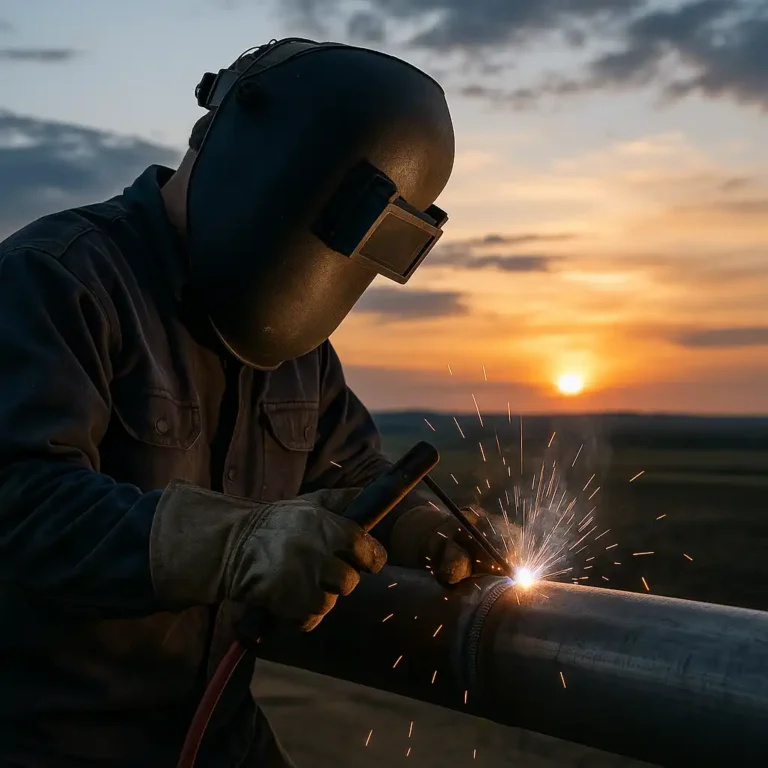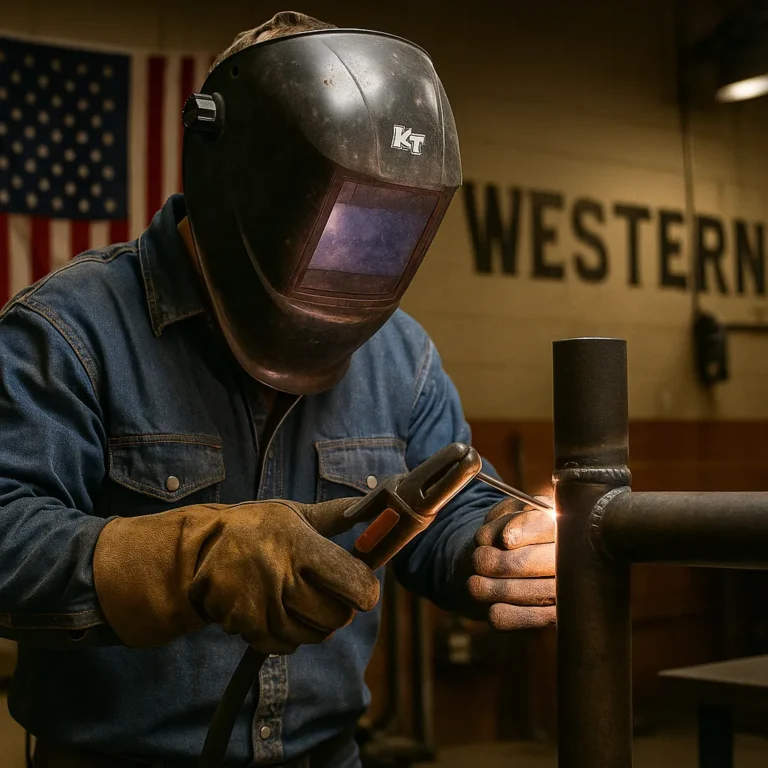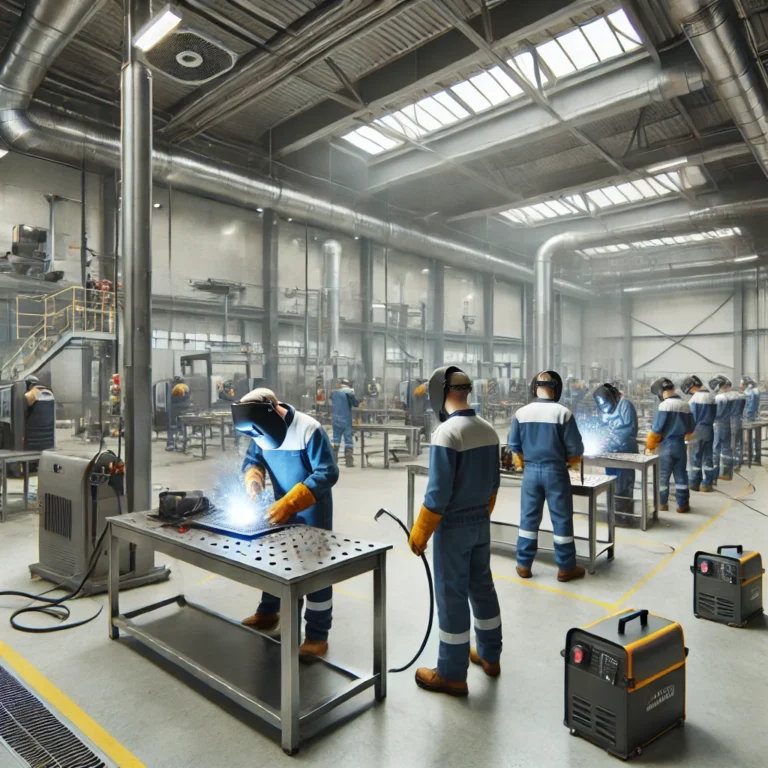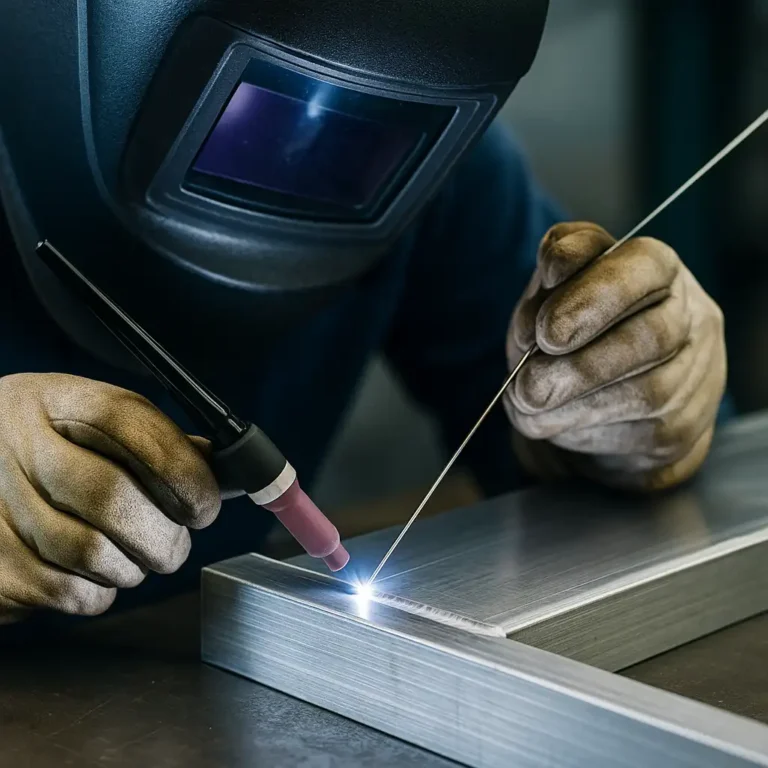Best Welding Schools in Florida That Offer Hands-On Career Training

Disclosure: This post contains affiliate links. As an Amazon Associate, I earn from qualifying purchases—at no extra cost to you.
Florida is home to several top-tier welding schools that provide the skills and certifications needed to start or advance a career in welding. From coastal cities to inland hubs, aspiring welders can find programs that blend classroom theory with practical, hands-on training—preparing them for real-world work in construction, shipbuilding, aerospace, and more.
What to Look for in a Welding School
Before enrolling in any program, it’s important to evaluate whether the school is accredited and offers AWS (American Welding Society) certifications. Key factors include facilities, instructor experience, job placement support, and the range of techniques taught—MIG, TIG, Stick, and pipe welding.
Top Welding Schools in Florida
Tulsa Welding School – Jacksonville
Tulsa Welding School in Jacksonville is one of the most recognized institutions for welding education in the Southeast. Their Professional Welder program is focused on structural and pipe welding with an accelerated format, allowing students to graduate in as little as seven months. It’s ideal for those wanting fast-track entry into the workforce.
Atlantic Technical College – Coconut Creek
Located in South Florida, Atlantic Technical College offers a comprehensive welding program that includes SMAW, GMAW, and GTAW training. The school is known for its experienced instructors and strong job placement support, making it a great choice for students seeking a state-supported, affordable education.
Lively Technical College – Tallahassee
Lively Technical College’s welding program covers a wide range of processes and prepares students for industry-recognized certifications. With both day and evening classes available, it caters to working adults or students needing flexible scheduling. Their reputation for personalized instruction stands out among Florida’s public technical schools.
Orange Technical College – Orlando Campus
Orange Technical College’s welding technology program combines in-class instruction with hands-on welding practice. Students can train in MIG, TIG, and Stick welding while preparing for AWS testing. Located in the heart of Orlando, it’s easily accessible and offers strong local industry connections for employment.
Career Opportunities After Graduation
Graduates from these welding schools can pursue jobs in shipyards, manufacturing plants, construction sites, and even underwater welding if they seek specialized training. Florida’s coastal economy and infrastructure growth make it a prime region for welders, especially in areas like Jacksonville and Miami.
Conclusion
Choosing the right welding school is the first step toward a solid and rewarding career. Whether you want a fast-track course or an in-depth technical program, Florida offers multiple quality options to suit your goals. Each of these schools provides the hands-on experience and certifications needed to succeed in a competitive job market.






